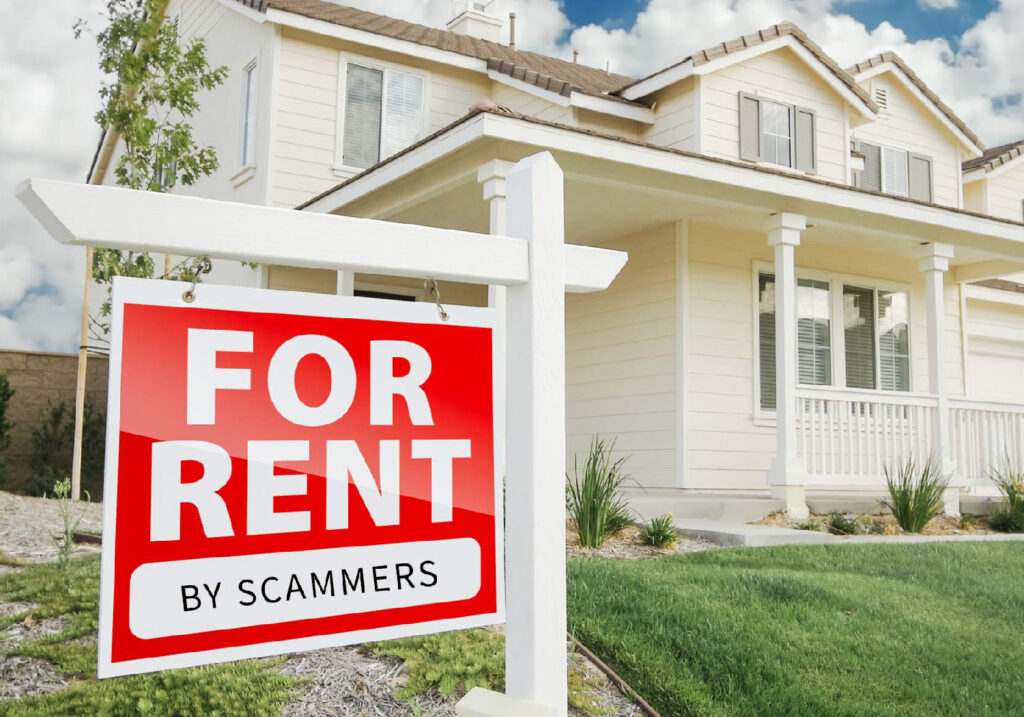With added pressures being created in the housing market, Canada could see a continued increase in rental scams. Rental scams fall into the Canadian Anti-Fraud Centre’s merchandise scams (which are related to buying and selling online), which accounted for $2.1 million in reported losses last year. Rental scams often involve a fake classified ad being put online below market value. Interested renters are asked for either deposits (usually first and last, it seems standard), banking information, or both.
The victim of the scam, eager to rent a property, never receives housing as part of this transaction, as it was never available in the first place. The goal of the fraudster could be financial or informational (for identity theft). Students and newcomers to Canada are at higher risk for being targets of this scam.
Signs of a Rental Scam Include:
- a price below similar rentals
- deposit required before a rental agreement is signed
- money being sent outside the country
- links to a website asking for personal or financial information in response to the ad
- photos of only the outside of a property
- address and photos that don’t match
- you should also be generally wary if someone is trying to rush you in this process
Libro and The Canadian Anti-Fraud Centre recommend these steps to protect yourself:
- Physically view and inspect the unit at the address. Schedule a showing and confirm it is available. Make sure you go in and that it matches the amenities listed.
- Request a lease/contract. Review it thoroughly.
- Complete open source searches on rental addresses to ensure it is not a stolen post.
- Do not send funds to strangers.
- Follow our steps immediately if you have provided any sensitive information on applications.
- Go with your gut. If it seems too good to be true, it probably is. Low pricing is usually a part of this scam, it attracts excitement and creates a rushed mentality.
Beyond this, if you are looking at a legitimate rental, landlords are only legally allowed to ask you for rent deposits, rarely other fees. The lease or contract (often called a tenancy or rental agreement) will most likely follow Ontario’s standard lease, which has an accompanying guide provided by the provincial government. There are a few types of rentals that don’t follow this standard, such as public or subsidized housing and sublets.
The government also provides more information on your rental rights. Additionally, Community Legal Education Ontario provides a great guide to rental agreements, which outlines any other fees that are allowed by law (think little things like access cards or non-sufficient funds fees). You could also opt to work with a real estate agent, which you may need to pay for. You can get more information on how that works from Canadian Real Estate Magazine, or talk to a realtor.
If you have been a victim of fraud, follow our four steps immediately, starting with calling the Libro Contact Centre at
1-800-361-8222.






